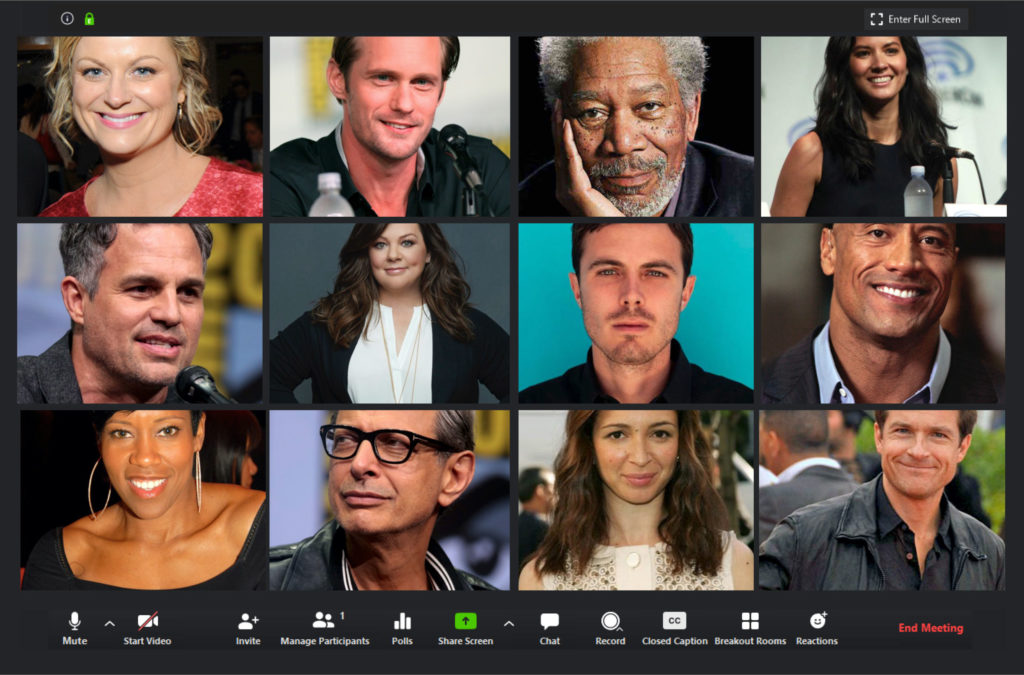From adorable dogs to tearjerkers to action-packed car chases, movies are more than just entertainment. They can elicit emotion, convey a sense of morality, motivate others, and deliver a wide spectrum of messages.
Movies can be leveraged as a source of education; they offer literacy on a multitude of life lessons, can help a viewer build their self-esteem, and introduce important historical events in a visually compelling light.
In a report on the State of Video in Education, conducted by Kaltura, they found that video enhances the learning experience and is a key resource in helping individuals remember crucial facts or figures. Kaltura’s Co-Founder and President, Michal Tsur, reveals, “Forrester Research estimates one minute of online video equates to approximately 1.8 million written words. In addition, 90 percent of information transmitted to the brain is visual, and visuals are processed 60,000 times faster in the brain than text. This indicates visual education aids like video can improve learning styles and increase the rate at which we retain information.”
As inherently visual learners, the information we absorb while watching film can undoubtedly influence our behavior. While general knowledge can be escalated, movies can also evoke positive, mood-lifting responses.
Movies can provide an emotional release, having a cathartic effect on those struggling with self-expression. They can provide a sense of counseling and healing for those weathering tough times. Sad or distressing movies can impact our perspective on life and teach us gratitude – which is a catalyst for happiness and adopting a positive mindset. They use storytelling to fill us with knowledge and help us make sense of the world. So for those who perceive cinema as a medium solely used for entertainment or escapism, Hollywood can wear many hats, including the ability to influence reality and behavior within society.

Michelle C. Pautz, an associate professor of political science and the University of Dayton, conducted a study on the influential nature of film. She asked undergraduates to complete a questionnaire about their views on the government before and after watching Zero Dark Thirty and Argo. Approximately 20 to 25% of participants demonstrated a change in opinion – with their trust in the government and general optimism about the country increasing post-viewing.
The takeaway? Movies can serve as a mechanism for reflection and help facilitate the conversation. This is especially true for sensitive topics, like religion, race relations, understanding societal opinions, and demystifying certain aspects of the world around us.
The reality is, the film industry is incredibly impactful in today’s modern, digital world. Movies entertain, educate, and inspire. They stimulate cognitive functioning, unite humanity, teach mindfulness, and encourage us to conquer fears and pursue our goals. Rather than trying to decipher our concerns or beliefs through interactions with others, we can leverage movies to challenge ideologies or embrace our strengths. And the best part? Movies span all walks of life, shaping beliefs and values across a myriad of cultures.
There’s no disputing the effect of visual stimuli on human perception. Our memory, attitude, attention, and emotions can all be shaped through film. There’s no better outlet to inspire the next generation of breakthroughs, businesses, and achievements than by incorporating movie clips into your lesson plans.
Want to hear more? Check out our Founder, Scott DiGiammarino, in his latest TedTalk.



